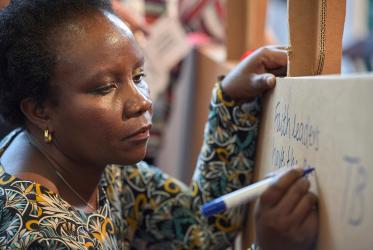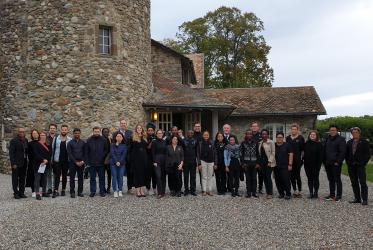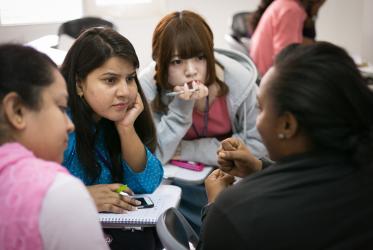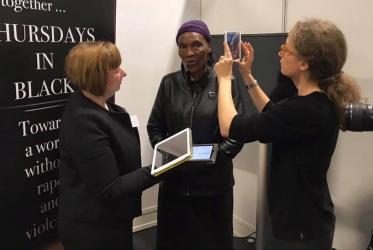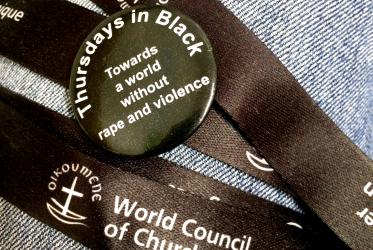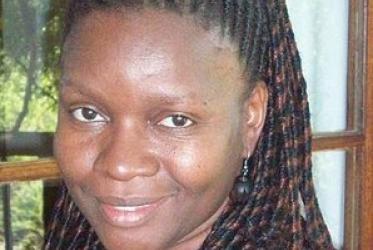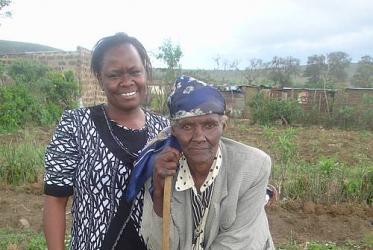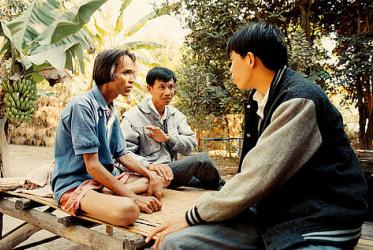Displaying 1 - 20 of 21
Theological education in Africa promotes social transformation
03 November 2022
Bossey students mark Thursdays in Black with Swedish visitors
10 October 2019
WCC offers insights at Commission on the Status of Women
21 March 2019
Thursdays in Black: sharing support, transforming lives
21 February 2019
“We are to pass on the mantle”
31 May 2017
Living with God in the context of HIV and AIDS
27 February 2013
Fighting ignorance, fear and stigma through Bible study
09 December 2011
Accelerating the church's response to HIV
11 October 2011
WCC's HIV work reaches quarter-century mark
30 June 2011


